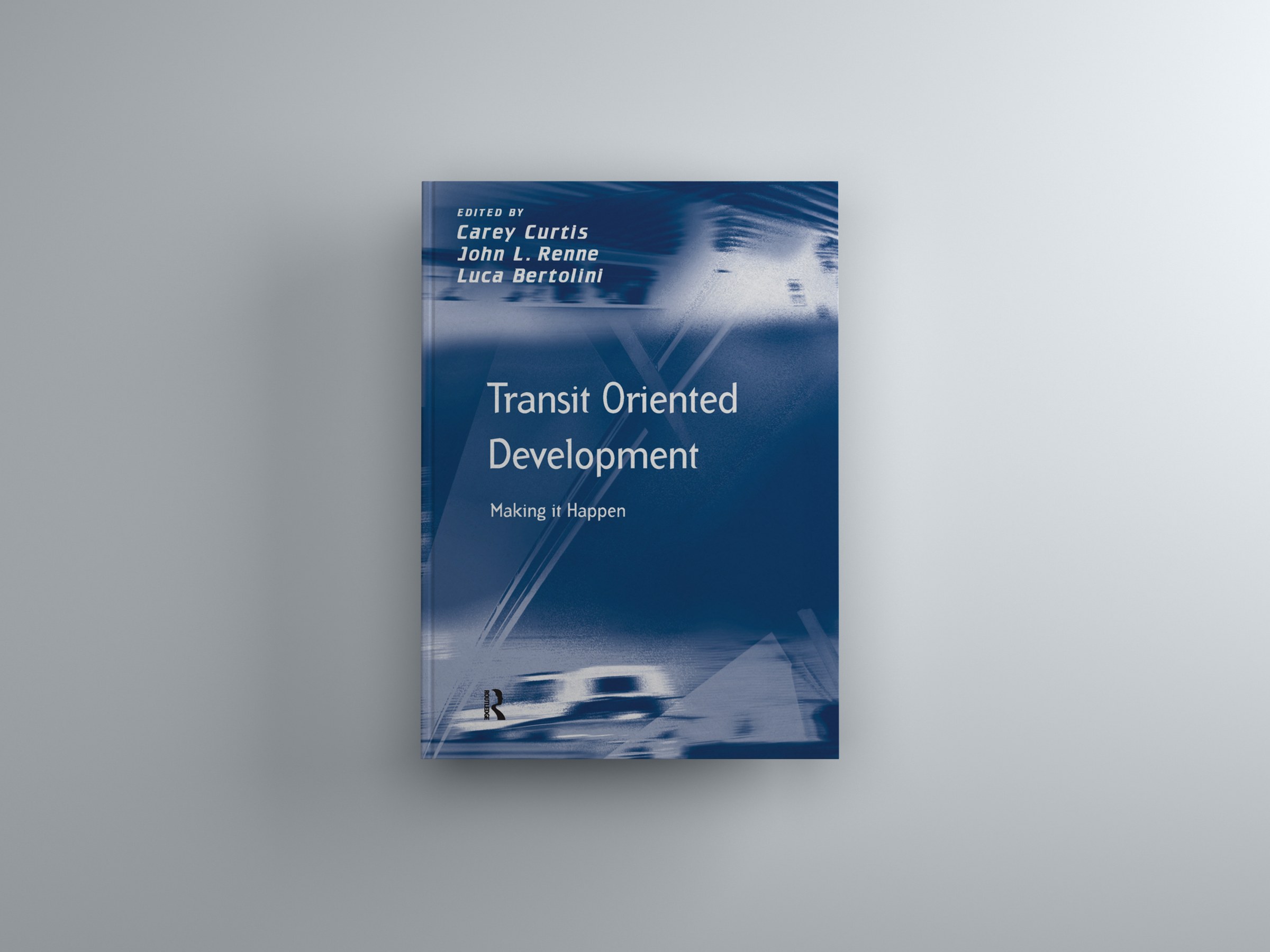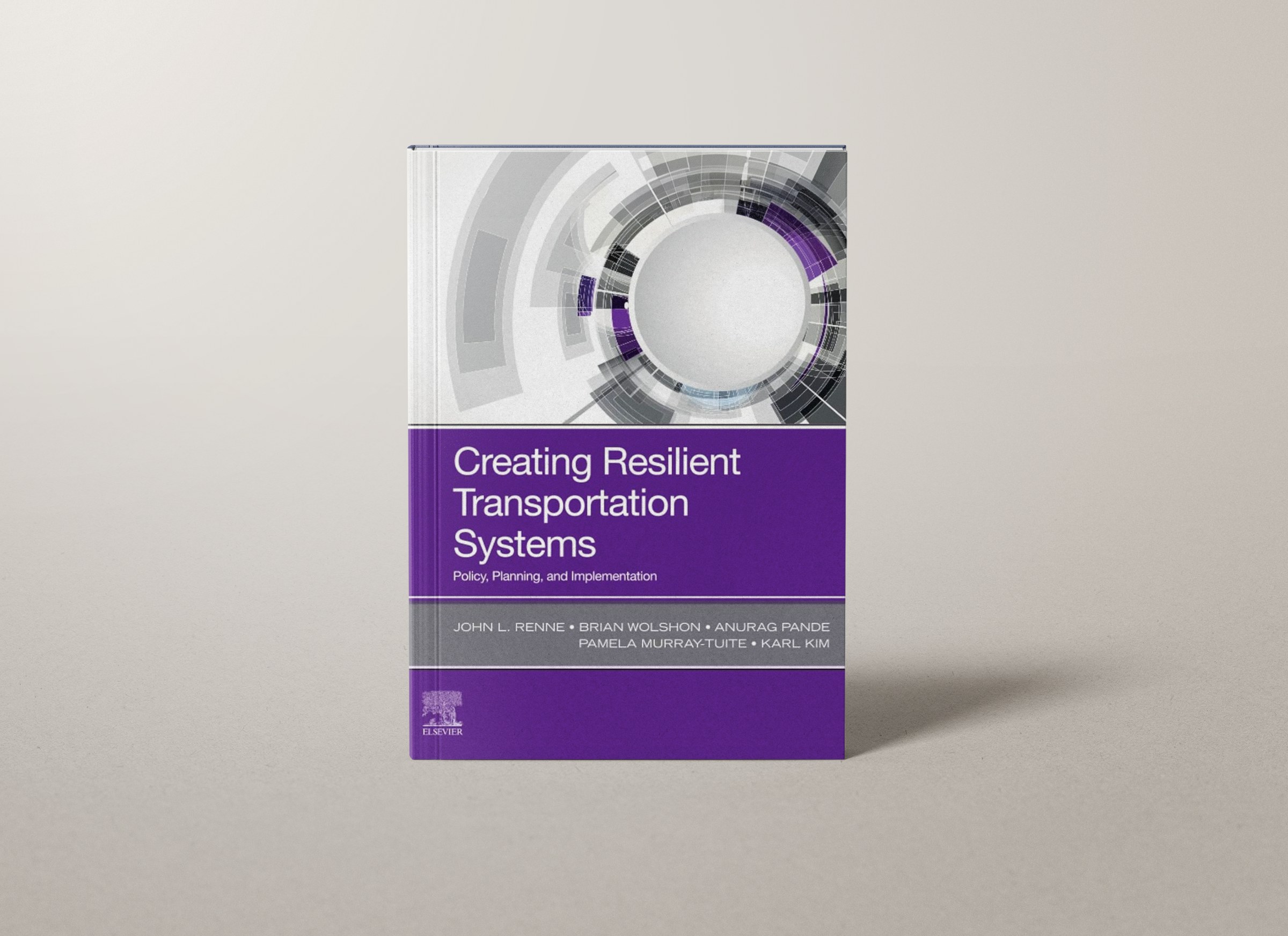Real Estate Development Director

october 2, 2024
By NAOMI KING ENGLAR, tusa
John L. Renne, PhD, AICP, will serve as the Henry Shane Professor in Real Estate and the new Program Director of Real Estate Development, starting January 2025, after the 10-year successful tenure of past director Casius Pealer. Renne brings a wealth of global experience and a deep personal connection to New Orleans, having been involved in the city’s post-Katrina recovery efforts.
“I am thrilled to return to a city where I have invested so much,” Renne said. “This role allows me to merge local resilience with global climate strategies, positioning Tulane as a leader in sustainable urban development.”
Renne aims to elevate the Real Estate Development Program to a globally recognized leader by integrating climate resilience, urban planning, and AI technology into the curriculum. His own research interests involve the use of virtual reality (VR) to engage communities in urban planning and resilience efforts. He envisions a program that not only attracts top talent but also empowers students to tackle pressing climate challenges through innovative real estate solutions.
What sets the school apart for Renne is its storied 130-year history, collaborative environment, and the vibrant, diverse culture of New Orleans. “This city is a living laboratory for real estate development, offering unique opportunities for students to engage with real-world challenges,” he added.
MORE to EXPLORE
In the Q&A below, Renne shares more about himself and his vision. Additional background is also available on Renne's website johnrenne.com.
What excites you most about joining the faculty at Tulane’s School of Architecture and leading the Real Estate Development Program?
What excites me most about joining the faculty at Tulane’s School of Architecture and leading the Sustainable Real Estate Development Program is the opportunity to bring my global experience and deep personal connection to New Orleans back to a city where I have been deeply invested since the post-Katrina rebuilding efforts. My work in New Orleans, combined with my experiences in Australia, Florida, and at Oxford University, has equipped me with a unique perspective on integrating local resilience efforts with global climate change strategies. Tulane’s leading faculty in these areas, along with strong ties to leading real estate firms across the United States further amplify this potential, allowing us to not only innovate locally but also influence national and international real estate practices. By leveraging these connections, I envision positioning Tulane as a leader in sustainable urban development, where students are prepared to drive transformative projects that address both local challenges and global climate goals. This role at Tulane offers the perfect convergence of my professional journey and the opportunity to shape a program that will have a lasting impact on New Orleans and beyond.
What is one thing you hope to achieve while at Tulane?
At Tulane, I hope to build upon the past successes of the Sustainable Real Estate Development Program and elevate it to a globally recognized leader in integrating climate resilience, urban planning, and artificial intelligence (AI) into urban development. By leveraging my background in AI, I aim to incorporate cutting-edge AI techniques into the curriculum to address pressing climate challenges through innovative real estate development. My goal is to create a program that not only prepares students to lead in the industry but also attracts top talent from around the world, eager to study at Tulane for its forward-thinking approach. This enhanced program will empower students to develop sustainable urban environments that set new standards for climate-resilient development, making Tulane a destination of choice for future leaders in real estate.
What projects or research are you currently pursuing?
One of the projects I am currently pursuing involves the use of virtual reality (VR) as a powerful tool to engage communities in urban planning and resilience efforts. My work in this area focuses on leveraging VR technology to visualize the impacts of sea-level rise and other climate-related challenges on urban environments. By creating immersive, interactive experiences, we can help community members, policymakers, and other stakeholders better understand the potential future scenarios and the effectiveness of various mitigation strategies. This approach not only makes complex data more accessible but also empowers communities to participate more actively in the planning process, ensuring that the solutions we develop are both sustainable and reflective of the needs and values of those most affected. The integration of VR into community planning is an exciting frontier that I believe holds great promise for enhancing public engagement and fostering more resilient cities
Through private sector ventures, I have integrated my professional real estate practice into my academic and research career. I co-founded The TOD Group, focusing on transit-oriented development (TOD) in Denver. I successfully led the purchase and entitlements of a 21-acre site in an inner-ring suburb just 3.5 miles from Downtown. I also co-founded Priority Funds, where we focus on investing in places people love—communities with amenities, walkability, and access to jobs—across the United States. In addition, I have provided consulting to leading real estate developers and public agencies in both the U.S. and Australia, further bridging my professional and academic work. The creation of the Renne-Greschner TOD Index reflects my commitment to advancing TOD performance evaluation and connecting research with practice.
What is your prior education and teaching history?
My educational background includes a Bachelor of Environmental Design with Honors and a Master of Urban and Regional Planning, where I was recognized as the Outstanding Student, both from the University of Colorado. I pursued my doctoral studies at the Edward J. Bloustein School of Planning and Public Policy at Rutgers University, focusing on sustainable transportation and urbanization, particularly in transit-oriented development (TOD). Following my Ph.D., I completed a post-doctoral appointment at Curtin University in Perth, Australia, where I advised the State Government on TOD policy.
I have also held appointments with the University of Oxford as a Visiting Research Associate at the Transport Studies Unit, which has further enhanced my global perspective on sustainable urbanism. Currently, I am pursuing a Master’s degree in Artificial Intelligence in Computer Science at Florida Atlantic University (FAU), with the goal of integrating AI into my research and teaching in urban planning and real estate development.
At the University of New Orleans (UNO), where I began my teaching career in 2005, I served as an Associate Professor in Planning and Urban Studies and the Director of the UNO Transportation Institute, and the Associate Provost of Urban Initiatives. During my tenure, I played a pivotal role in launching and leading the Master of Science in Transportation (MST) degree program and coordinating the Bachelor of Science in Urban Studies and Planning.
Since joining Florida Atlantic University (FAU) in 2016, I have been a Professor in Urban and Regional Planning and the Director of the Center for Urban and Environmental Solutions. I led significant curriculum updates for the Bachelor of Urban Design and Bachelor of Urban and Regional Planning programs. In 2023, I was honored to be selected as the Scholar of the Year at FAU, a recognition that underscores my commitment to academic excellence and innovative research.

